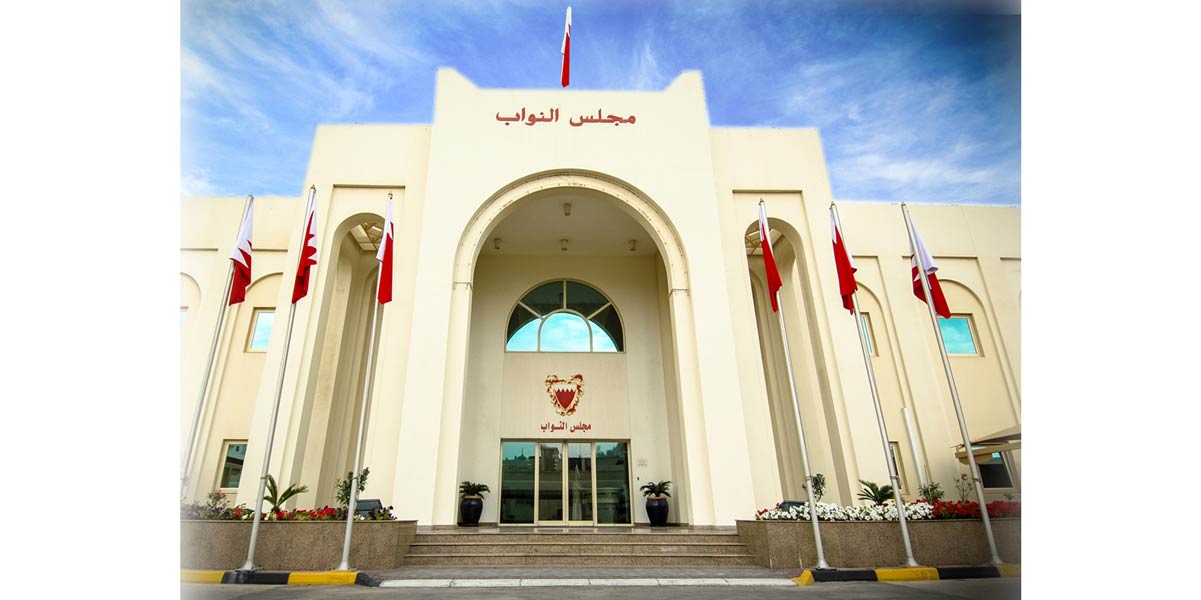The second stage peer review report on the implementation of the Action 14 minimum standard (making dispute resolution mechanisms more effective) by Bahrain was published by the OECD’s Inclusive Framework on 13 September 2022.
The report notes that Bahrain has a modest tax treaty network consisting of around 45 tax treaties and has a newly established mutual agreement procedure (MAP) program, with no experience yet of resolving MAP cases. The report notes that Bahrain meets the majority of the elements of the Action 14 minimum standard and has been working to address the remaining issues. The second stage peer review report concludes that Bahrain has resolved most of the issues identified.
The report notes that all Bahrain’s tax treaties contain a provision relating to the MAP, and generally the MAP articles are in line with paragraphs 1 to 3 of Article 25 of the OECD Model Tax Convention.
Bahrain’s treaty network is mainly in line with the requirements of the Action 14 minimum standard, but almost 16% of the treaties do not contain the equivalent of the second sentence of Article 25(1) of the OECD Model as there is either no time limit for a MAP request or the timeline to file a MAP request is shorter than the required three years from the first notification of the relevant action. Almost 18% of the treaties do not include a provision for mutual agreements to be implemented regardless of any time limits in domestic law; or the alternative provisions for Article 9(1) and Article 7(2) to set a time limit for transfer pricing adjustments. Also, almost 18% of the treaties do not contain a provision allowing the competent authorities to consult together to eliminate double taxation in cases not provided for in the treaty.
Bahrain has signed and ratified the multilateral instrument (MLI) to implement treaty-based provisions arising from the OECD project on base erosion and profit shifting (BEPS). The MLI can be used to update some of the treaties to bring them in line with the minimum standard. In the case of treaties that cannot be modified using the MLI, Bahrain intends to update the treaties through bilateral negotiations. A plan has been put into place for negotiations to update these treaties.
The report notes that Bahrain provides access to the MAP in all eligible cases, although in the period since 1 January 2018 it has not received any MAP requests from taxpayers. Bahrain has issued clear and comprehensive guidance on the availability of the MAP and its practical application; and has also put in place a documented bilateral consultation process for situations where the competent authority considers that the issue raised by taxpayers in a MAP request is not justified.
The report notes that Bahrain’s competent authority operates fully independently from the audit function of the tax authorities. The organisation is adequate and appropriate performance indicators are used for carrying out the MAP function. As no MAP agreement was reached in the period under review it was not possible to assess the extent to which Bahrain meets the minimum standard in relation to the implementation of MAP agreements.














